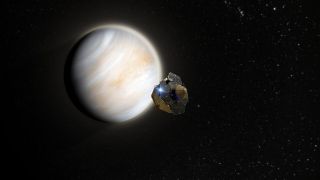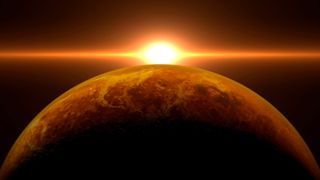Venus
Latest about Venus
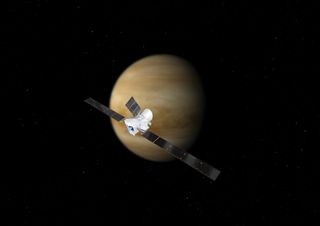
Venus is leaking carbon and oxygen, a fleeting visit by BepiColombo reveals
By Sharmila Kuthunur published
BepiColombo spotted an outpour of carbon and oxygen atoms in Venus' fragile magnetic environment
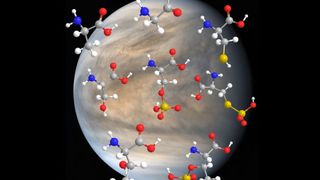
Life as we know it could exist on Venus, new experiment reveals
By Sharmila Kuthunur published
Some of the building blocks of life are surprisingly stable in Venus-like conditions, according to a new lab experiment.
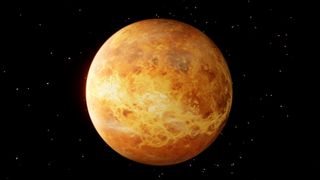
Venus facts: Everything you need to know about the 2nd planet from the sun
By Charles Q. Choi, Chelsea Gohd last updated
Reference Uncover the mysteries of Venus, the solar system's scorching second planet from the sun, renowned for its intense heat and brightness.

Zoozve — the strange 'moon' of Venus that earned its name by accident
By Monisha Ravisetti published
The first quasi-moon ever discovered is now officially named Zoozve.
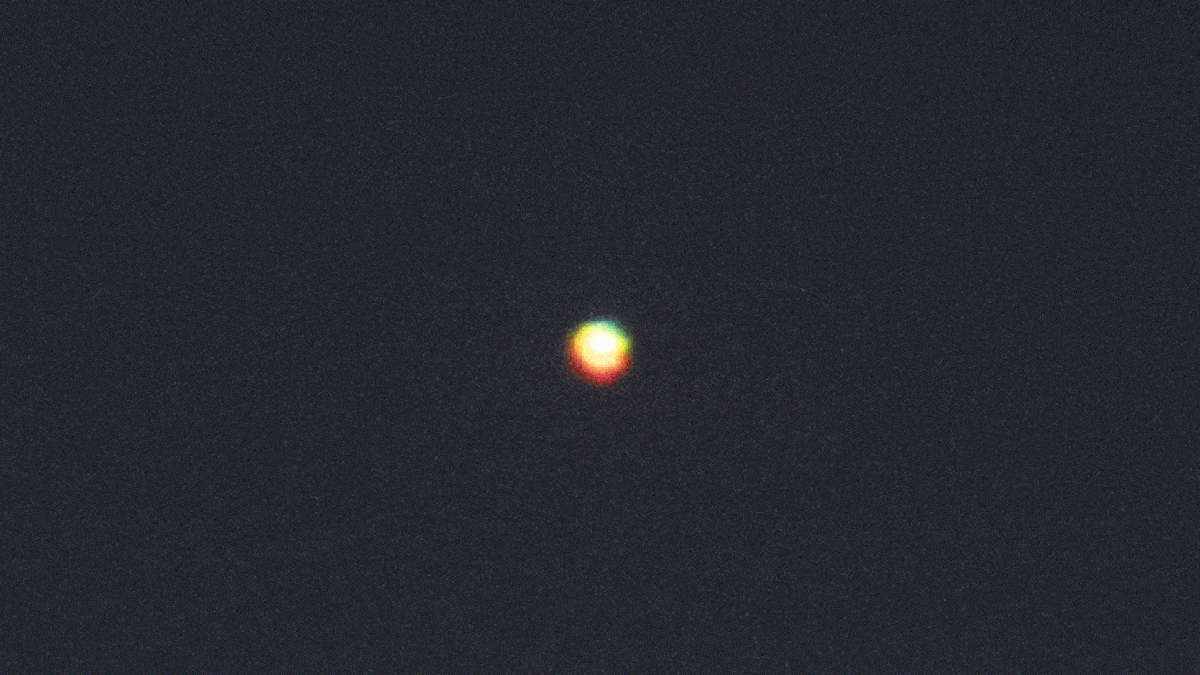
Photographer snaps extremely rare 'green flash' coming from Venus
By Harry Baker published
A brief flash of green light was recently spotted coming from Venus in the night sky. The colorful shimmer has only been seen a handful of times before.
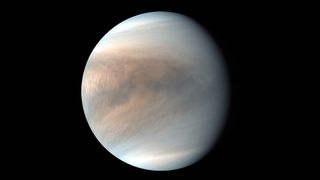
No alien life needed: Dark streaks in Venus' atmosphere can be explained by iron minerals
By Keith Cooper published
The dark streaks in Venus' atmosphere — a potential sign of life, according to some researchers — can be explained by Iron-bearing sulfate minerals, a new study reports.
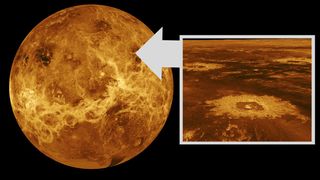
Wispy ice clouds may form above Venus' hellish surface
By Robert Lea published
The surface of Venus is a hellscape with temperatures hot enough to melt lead, but some regions of its atmosphere high over the surface remain cool enough to harbor ice and birth ghostly clouds
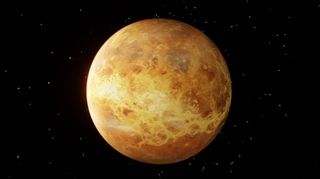
Venus' atmosphere: Composition, clouds and weather
By Rebecca Sohn last updated
Reference The atmosphere of Venus is thick with clouds of carbon dioxide and has led to an extreme version of the same greenhouse effect currently causing climate change on Earth.
Breaking space news, the latest updates on rocket launches, skywatching events and more!
